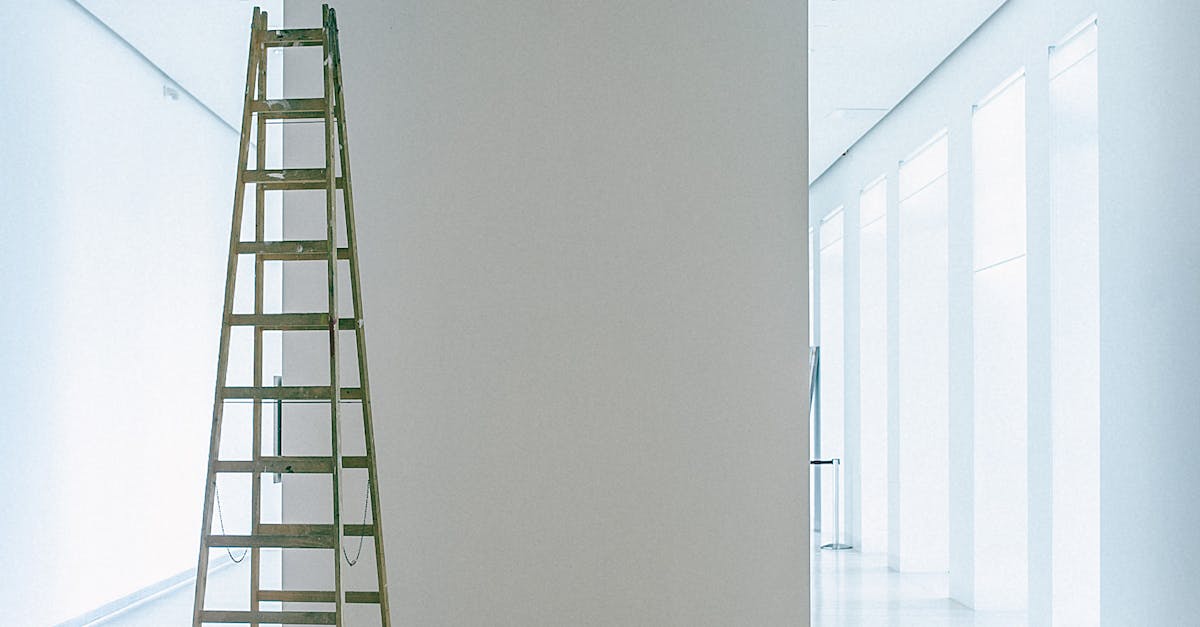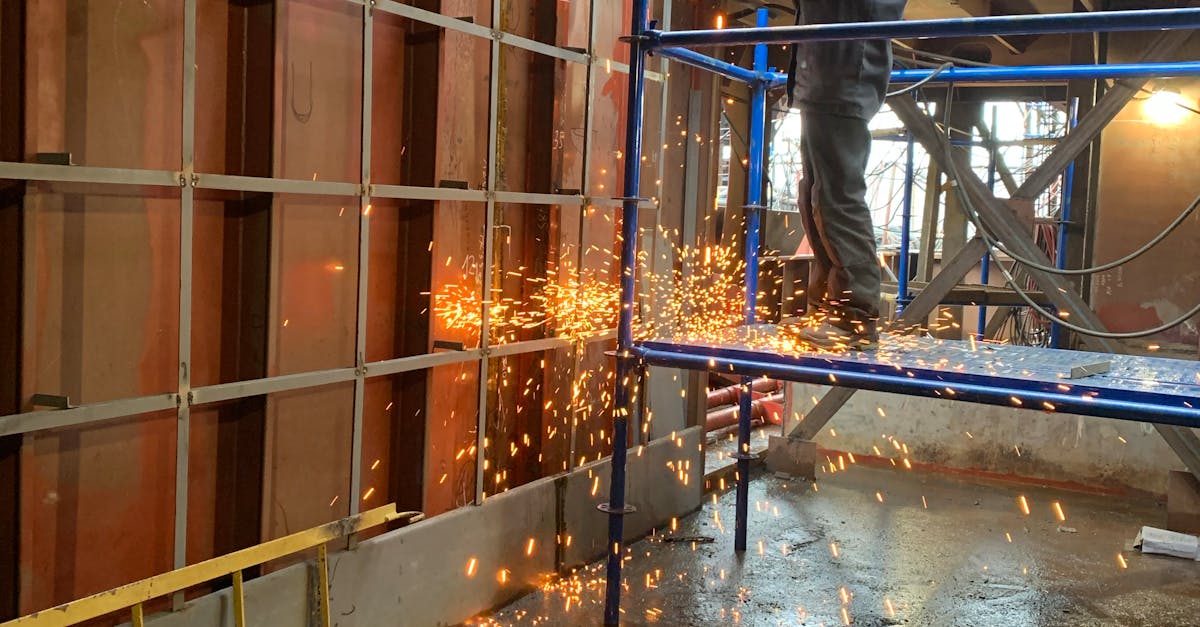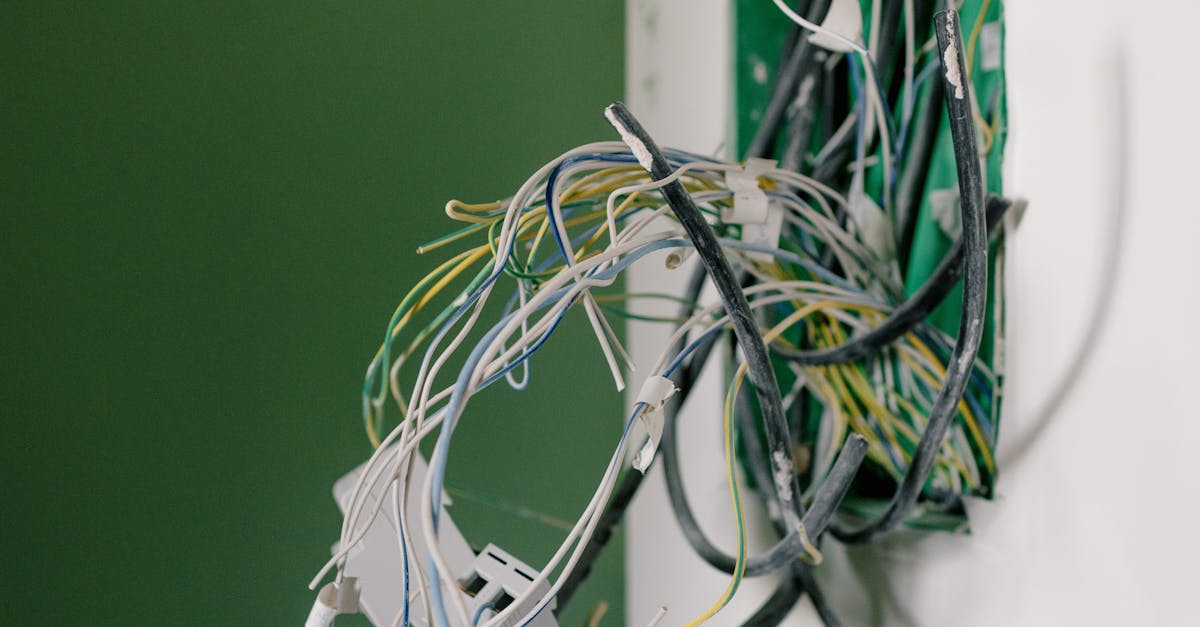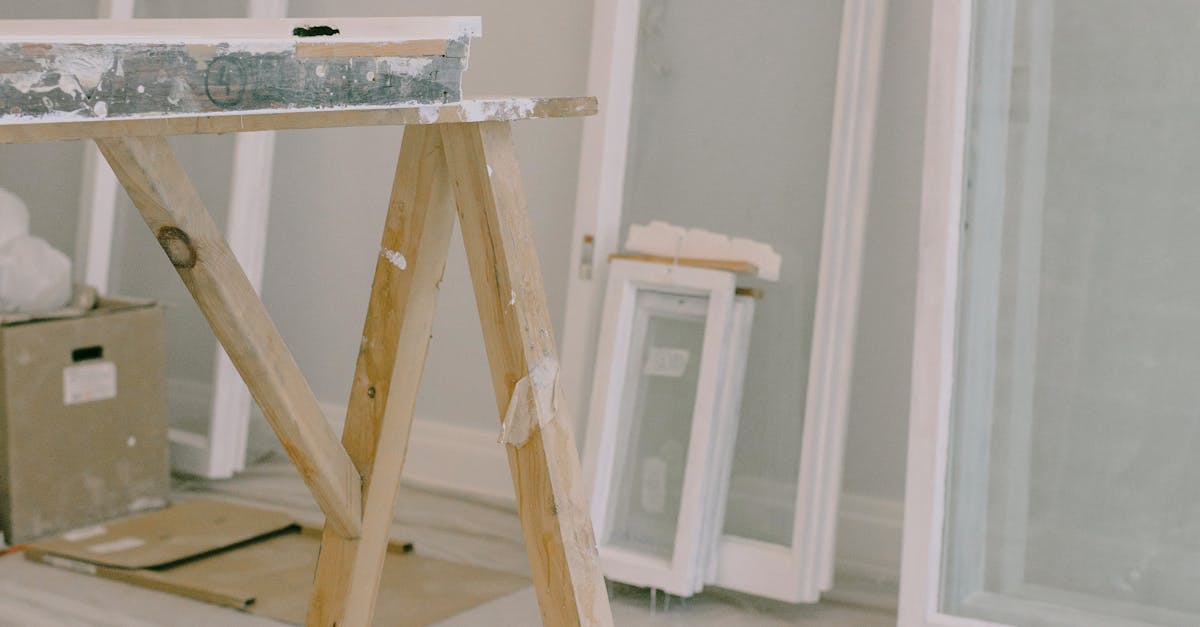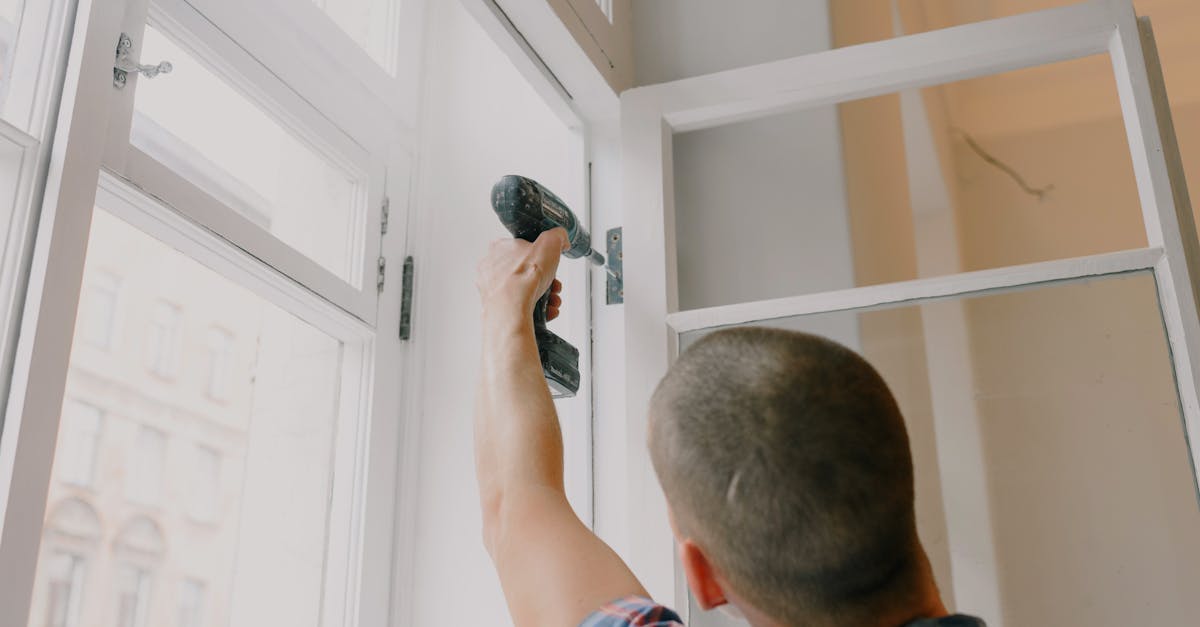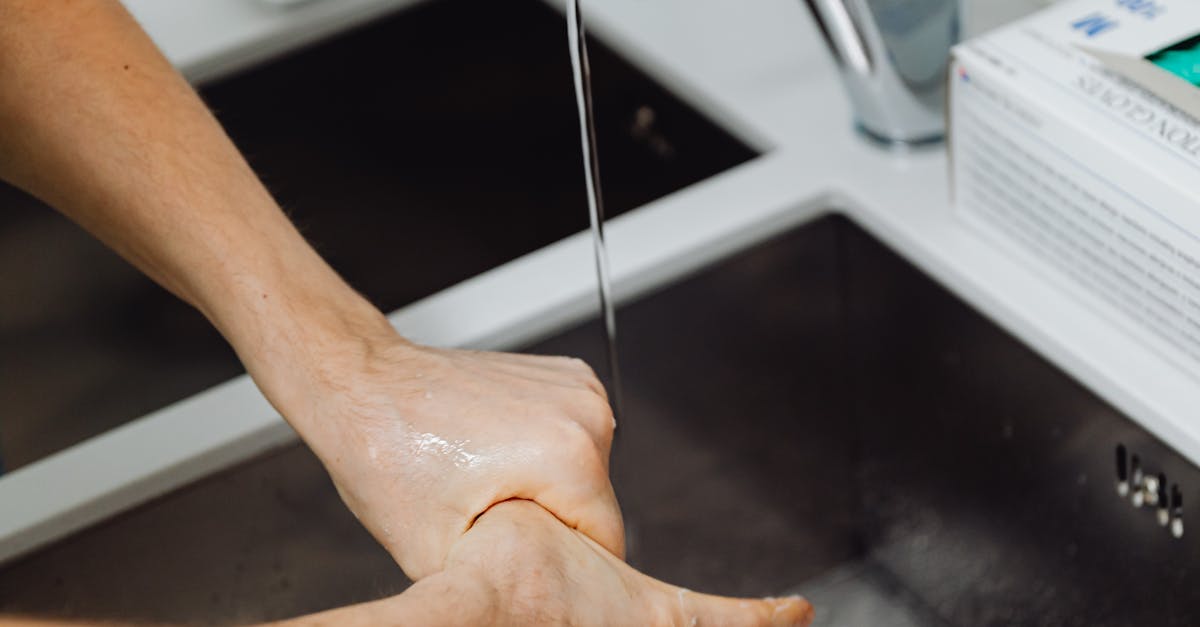
Gas line installation and repair
At Rapidfix Plumbing, we specialise in providing professional gas line installation and repair services for residential and commercial properties. Our team of skilled and certified plumbers have the expertise and knowledge to safely install new gas lines or repair existing ones, ensuring that they meet all necessary regulations and standards. Whether you need a new gas line installed for a kitchen renovation or require repairs for a damaged line, our team is equipped to handle all your gas line needs efficiently and effectively. Trust rapidfixplumbing for reliable and quality gas line installation and repair services.
Signs of Potential Gas Line Problems
Gas line problems can pose serious risks if left undetected. If you notice a strong sulfur or rotten egg smell near your gas appliances such as a stove or water heater, it could indicate a gas leak. Additionally, hissing sounds coming from the gas pipes or bubbles in the water could also signal a potential issue with the gas line. In such cases, it is crucial to act swiftly to prevent any accidents or health hazards.
Apart from unusual odours and sounds, changes in the gas pressure can also serve as a warning sign of a gas line problem. If you are experiencing difficulties lighting your gas appliances or notice that the flame burns a different colour than usual, it could signify an issue with the gas line. Any visible damage to the gas pipes or excessive condensation on windows near the gas lines should not be overlooked and must be addressed promptly by a qualified plumber to ensure the safety of your household.
Recognizing Early Warning Signs of Gas Line Issues
Gas line issues can pose a serious threat to the safety of your home and its occupants. Therefore, it is crucial to be vigilant and watch out for early warning signs that may indicate a problem with your gas lines. One common sign to look out for is the smell of rotten eggs or sulfur. Natural gas is odorless, but a distinctive smell is added to help detect gas leaks. If you notice this strong, unpleasant odor in or around your property, it could be a sign of a gas leak and should be addressed immediately.
Another potential indication of gas line problems is a hissing or whistling sound coming from the gas lines. If you hear unusual noises emanating from the gas pipes, it could signify a leak or some other issue that needs prompt attention from a qualified professional. Additionally, dead or dying vegetation near the gas line, bubbling in wet areas, or persistent headaches, dizziness, or nausea without any apparent cause could all be signs of a gas leak. Being aware of these early warning signs can help you take quick action to prevent any hazardous situations related to your gas lines.
Benefits of Regular Gas Line Maintenance
Regular gas line maintenance is essential for ensuring the safety and efficiency of a home or business. By conducting routine inspections and servicing, potential issues can be identified and rectified before they escalate into major problems. This proactive approach not only helps in preventing costly repairs but also minimises the risk of gas leaks, which can lead to serious health hazards such as poisoning and fire accidents. Adhering to a structured maintenance schedule also ensures compliance with health and safety regulations, providing peace of mind to property owners and occupants alike.
Moreover, regular maintenance of gas lines can extend the lifespan of the entire gas system and its components. Well-maintained gas lines are less prone to leaks, corrosion, and blockages, thereby prolonging the overall functionality of the system. Additionally, optimising the performance of gas appliances through proper maintenance can also lead to energy savings and lower utility bills. Investing in regular gas line maintenance not only safeguards the property and its occupants but also contributes to a more sustainable and cost-effective operational setup in the long run.
Preventing Major Gas Line Repairs through Routine Inspections
Routine inspections play a crucial role in preventing major gas line repairs by identifying potential issues before they escalate. Regular examinations of gas lines can help detect leaks, corrosion, or other problems that could lead to costly repairs or pose safety hazards. By conducting thorough inspections at scheduled intervals, homeowners and businesses can ensure the integrity of their gas piping systems and safeguard against the risks of gas leaks or accidents.
In addition to identifying existing problems, routine inspections also help in verifying the overall condition of the gas lines and ensuring compliance with safety standards. By adhering to a proactive maintenance schedule, property owners can stay ahead of any potential issues and address them promptly. Furthermore, regular inspections can help extend the lifespan of gas piping systems, enhance energy efficiency, and provide peace of mind knowing that the gas lines are in optimal working condition.
Choosing the Right Materials for Gas Piping
When it comes to choosing the right materials for gas piping, one of the key considerations is the type of pipes to be used. Ductile iron pipes are a popular choice due to their durability and strength, making them suitable for withstanding high-pressure gas systems. These pipes are particularly resistant to seismic activity, which is crucial for areas prone to earthquakes. Additionally, ductile iron pipes are known for their longevity, making them a reliable option for gas line installations.
Another important factor to consider is the material's resistance to corrosion. Stainless steel pipes are highly corrosion-resistant, making them a suitable choice for gas piping systems. Their ability to withstand rust and deterioration ensures the longevity and safety of the gas lines. Stainless steel pipes are also versatile and can be used in various applications, providing a dependable and efficient solution for gas distribution.
Considering Different Types of Pipes for Gas Line Installations
When it comes to installing gas lines, choosing the right type of pipe is crucial to ensure the safety and efficiency of the system. One common material used for gas line installations is polyethylene pipes. These plastic pipes are lightweight, flexible, and resistant to corrosion, making them a popular choice for underground gas lines. Polyethylene pipes are also easy to install and can withstand varying soil conditions, which is essential for long-term durability.
Another material often used for gas line installations is ductile iron pipes. These pipes are known for their strength and durability, making them suitable for high-pressure gas systems. Ductile iron pipes are resistant to extreme temperatures and external elements, making them a reliable option for both underground and above-ground gas line installations. Additionally, ductile iron pipes have a long lifespan, reducing the need for frequent replacements and maintenance, ultimately saving on costs in the long run.
FAQS
What are some signs of potential gas line problems?
Signs of potential gas line problems include unusual hissing or whistling sounds near gas appliances, a rotten egg smell (indicating a gas leak), dead vegetation above the gas line, and higher than normal gas bills.
How can I recognize early warning signs of gas line issues?
Early warning signs of gas line issues include gas appliances not working properly, persistent headaches or nausea when at home, feeling dizzy or lightheaded, and sooty stains around gas appliances.
What are the benefits of regular gas line maintenance?
Regular gas line maintenance can help prevent gas leaks, ensure the safe operation of gas appliances, extend the lifespan of your gas line system, and potentially save you money on costly repairs in the long run.
How can routine inspections help prevent major gas line repairs?
Routine inspections can help identify minor issues before they escalate into major problems, such as leaks or gas line ruptures. By addressing small issues early on, you can avoid the need for extensive and expensive repairs.
How do I choose the right materials for gas piping?
When choosing materials for gas piping, it's important to consider factors such as the type of gas being used, local building codes and regulations, the environment in which the piping will be installed, and the overall budget for the project. Consulting with a professional gas line installer can help you make the right choice.
What are the different types of pipes used for gas line installations?
Common types of pipes used for gas line installations include black steel pipes, copper pipes, and flexible stainless steel pipes. Each type of pipe has its own advantages and considerations, so it's important to choose the one that best suits your specific needs and requirements.
